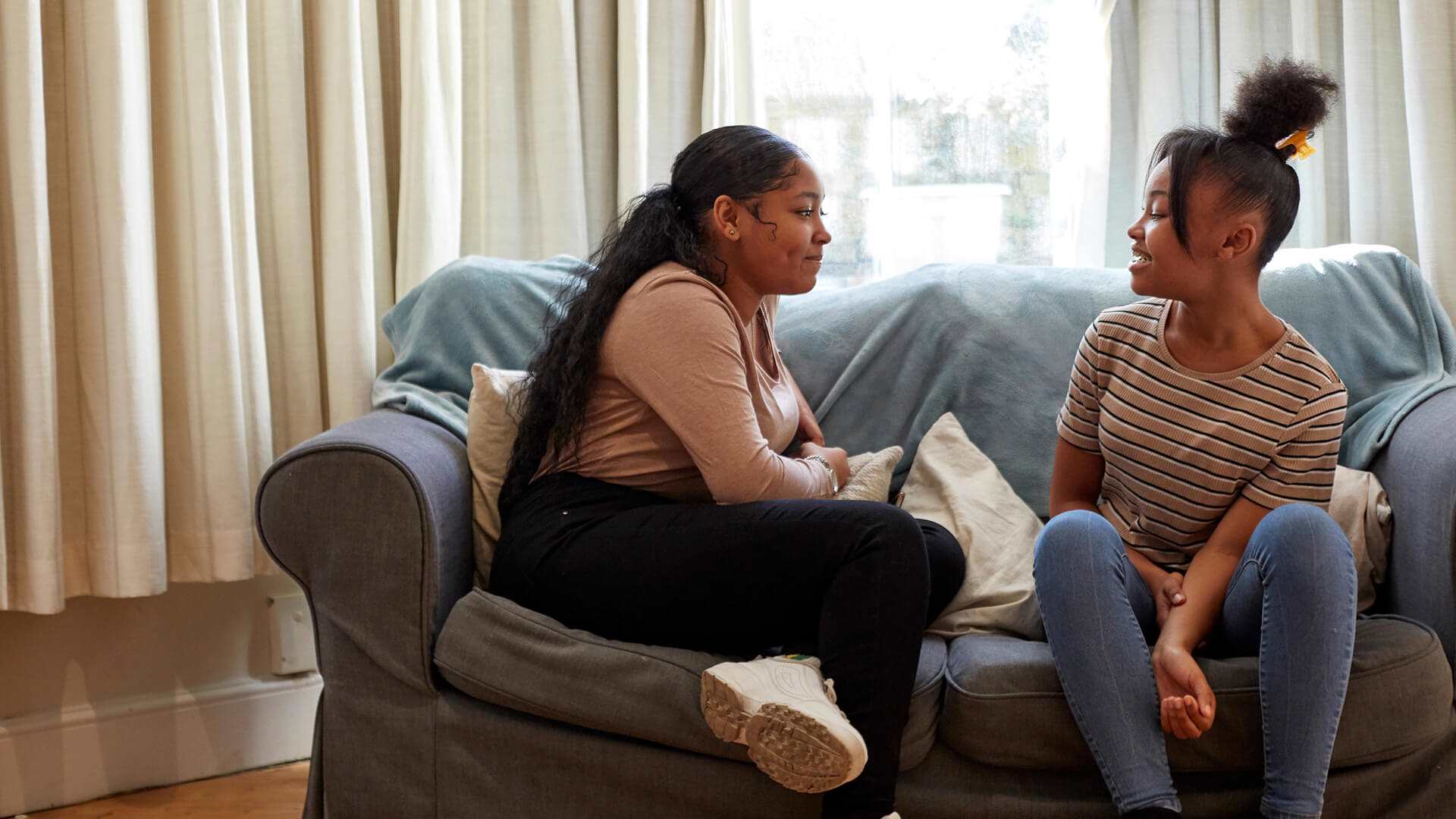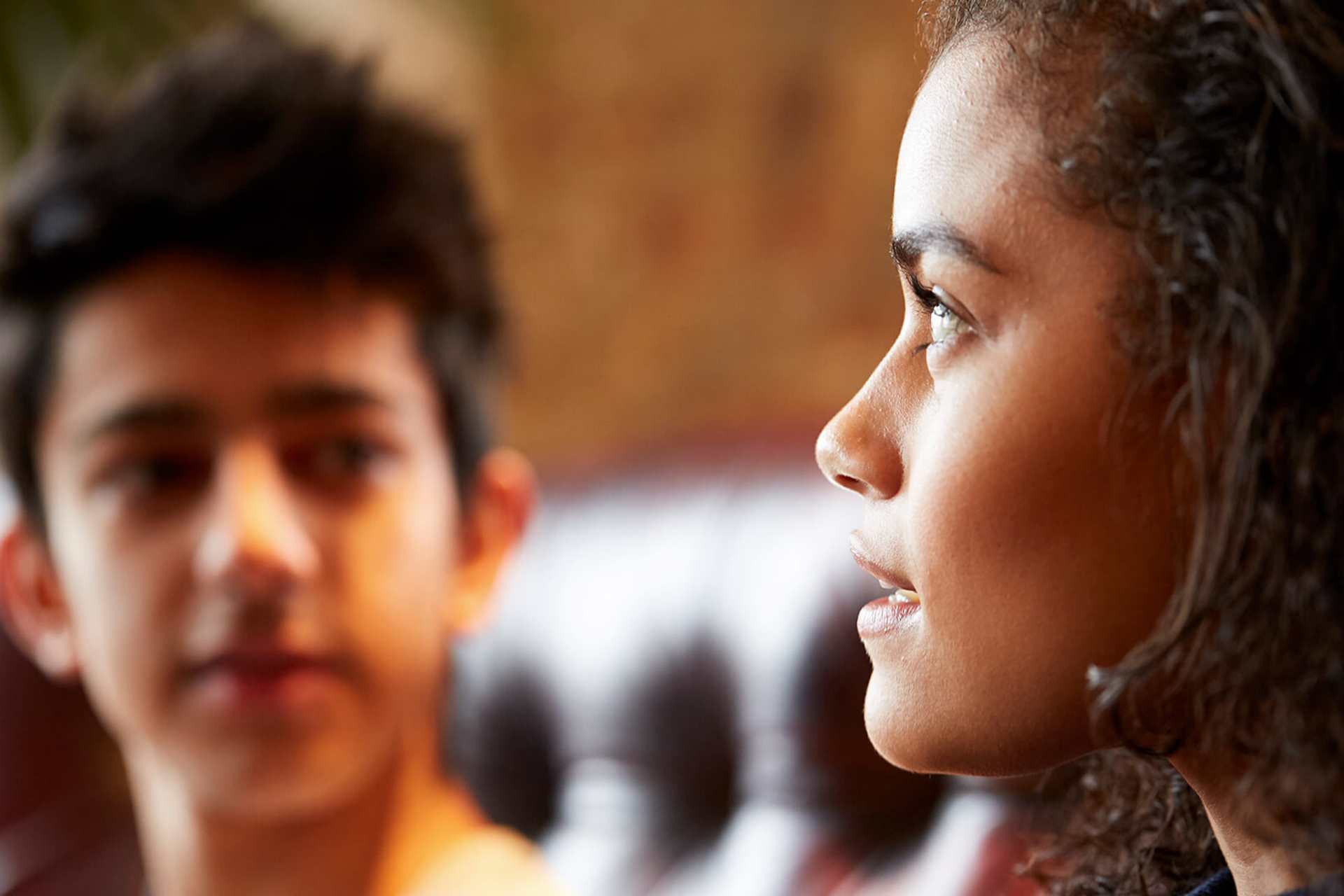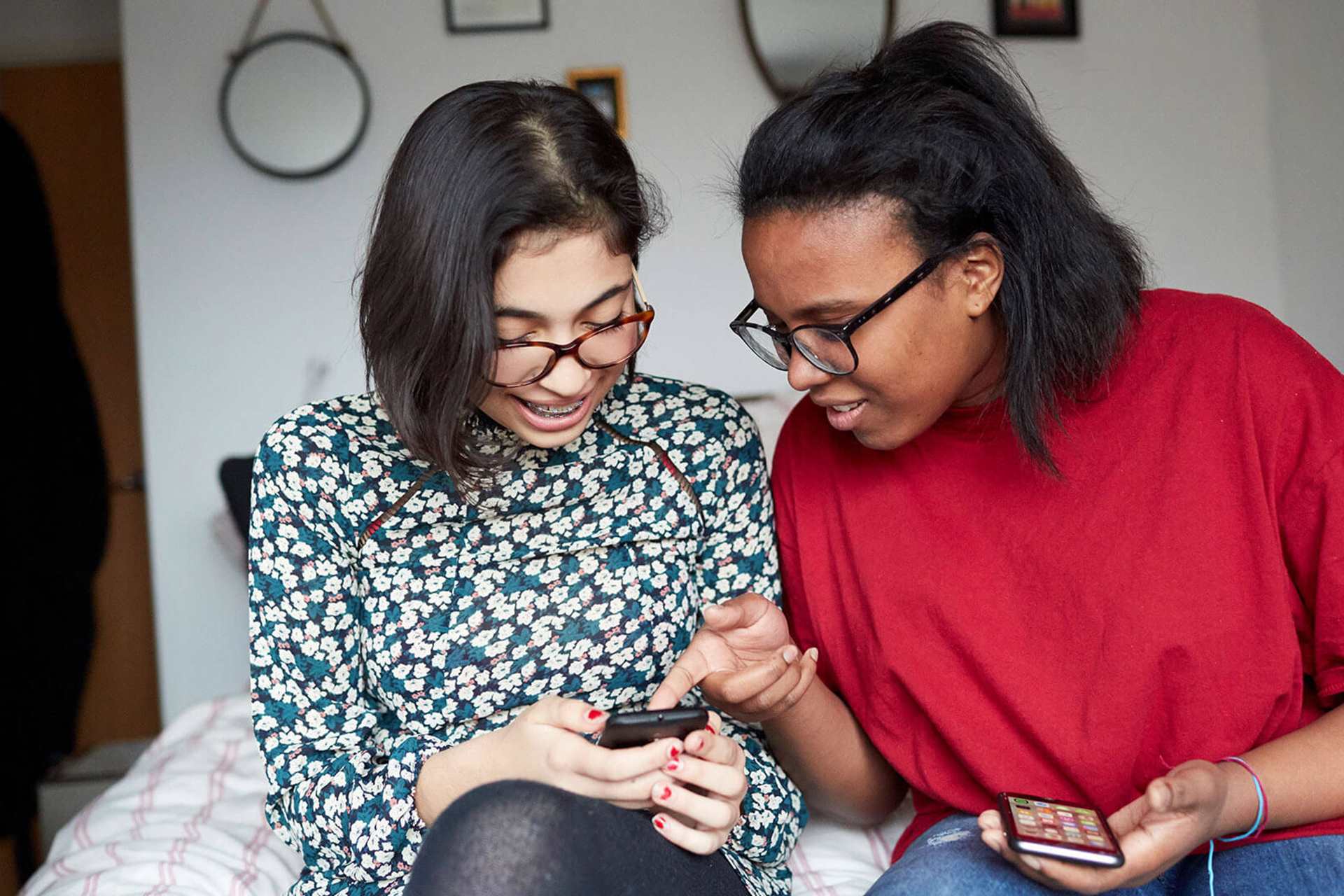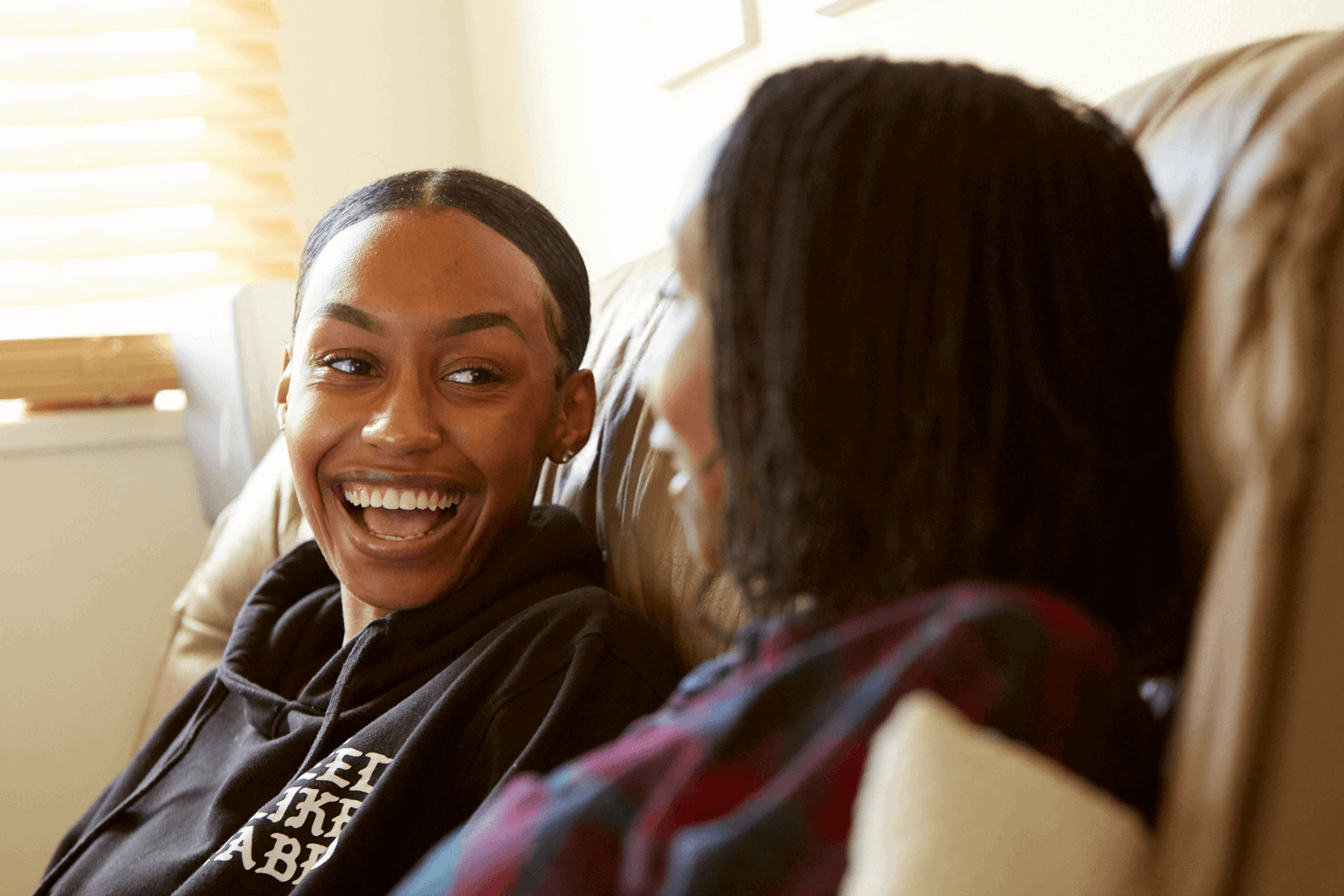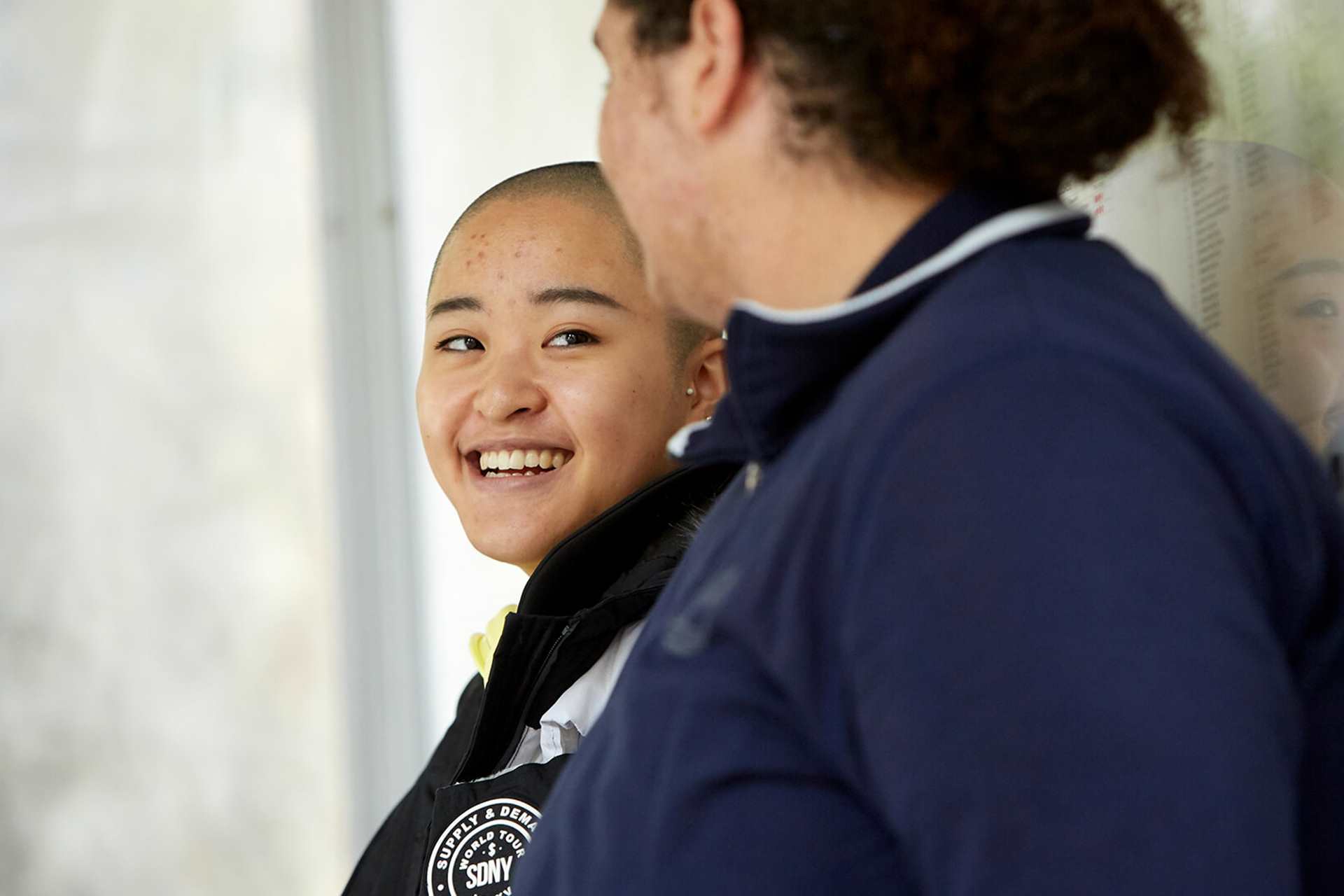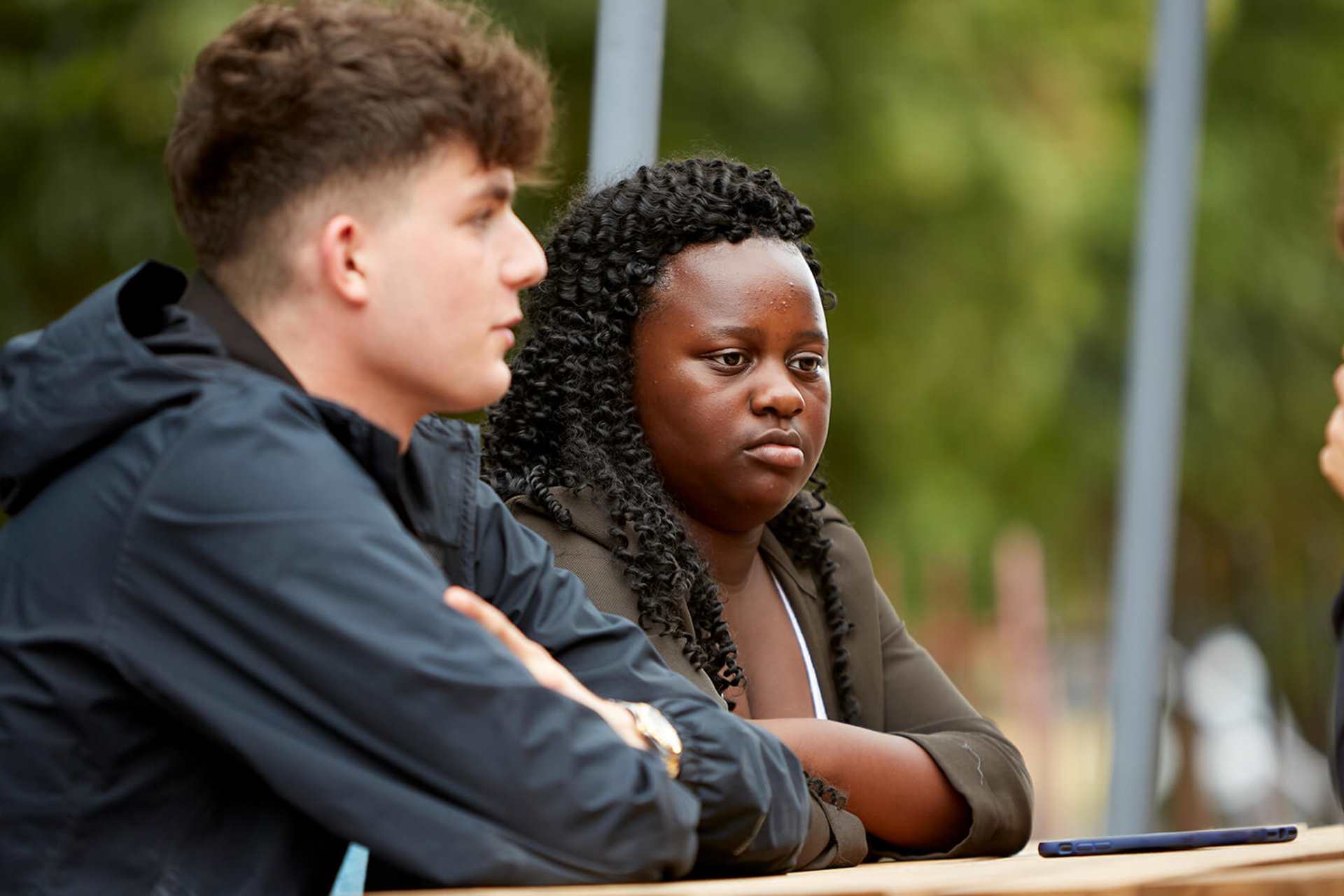Topics mentioned: medication, anxiety
About: Have you thought about taking medication for anxiety? Here Ellie shares her experience of taking lorazepam.
Everybody responds to medication differently. This blog only represents the author's experience. For more information, have a look at our medication pages. For medical advice, always speak to your doctor.
Lorazepam has been really useful in helping me control my anxiety when nothing else seems to work.
Anxiety and panic attacks
I’ve suffered from anxiety for as long as I can remember, but the past few years in particular have brought me lots of unbearable anxiety. I am now 19 and still struggle on a daily basis to control my anxiety and panic attacks.
I was introduced to lorazepam in hospital as a ‘last resort’. I had tried many other medications for anxiety in the past that had not helped me.
Lorazepam was given readily to me when I was in hospital and my medication consumption could be controlled by nurses, but out of hospital it is given much more sparingly because of its addictiveness.
I am given a very limited supply of lorazepam tablets which have to last me a month, so I only take them when my anxiety has got to the point where I literally cannot cope.
My GP and care team are very supportive. At every appointment, they warn me of their addictiveness and that I shouldn’t become too reliant on them, but so far I haven’t had any problems, and they’ve done the job.
I tend to only take it when I am at home with my parents around.
My experience of taking lorazepam
When I take a tablet, I start to feel myself relax. Usually when I am having a panic attack, my muscles become tense and I feel like I can’t breathe. Lorazepam helps alleviate those symptoms. It works very fast, and I usually start to feel better 20 minutes after taking it.
The main negative side effect I experience from taking lorazepam is that it makes me ‘space out’. This can be dangerous, so I tend to only take it when I am at home with my parents around.
I know that I would never be safe to drive after taking it, so I can’t take it when I have planned to drive somewhere. At first, the ‘spacing out’ effect that lorazepam has frightened me, but now I know what to expect.
Most of the time my anxiety can be helped by doing some mindfulness activities or talking to people.
A ‘last resort’ medication
Lorazepam is definitely a ‘last resort’ medication for me. Most of the time my anxiety can be helped by doing some mindfulness activities or talking to people, like my care coordinator, who has been brilliant at helping me cope with my anxiety. Lorazepam just helps when the above strategies don’t work.
I still have a very long way to go in my recovery. I really want to get to a point where I don’t have a need for medication. I hope that therapy will help me, but I’m still waiting to get a definitive diagnosis.
There are so many different types of anxiety, my consultant doesn’t know which diagnosis I best fit yet. So far however, lorazepam has been really useful in helping me control my anxiety when nothing else seems to work.
Questions about mental health medication?
If you would like to know more about the different types of mental health medication you could be prescribed, how they help and what the side effects could be, have a look at our guide to medications.
Where to get help
However you're feeling, there are people who can help you if you are struggling. Here are some services that can support you.
-
Childline
If you’re under 19 you can confidentially call, chat online or email about any problem big or small.
Sign up for a free Childline locker (real name or email address not needed) to use their free 1-2-1 counsellor chat and email support service.
Can provide a BSL interpreter if you are deaf or hearing-impaired.
Hosts online message boards where you can share your experiences, have fun and get support from other young people in similar situations.
- Opening times:
- 24/7
-
Youth Access
Provides information about local counselling and advice services for young people aged 11-25.
Put in your location and what you need help with into their 'Find help' search, and see what services are available in your area.
